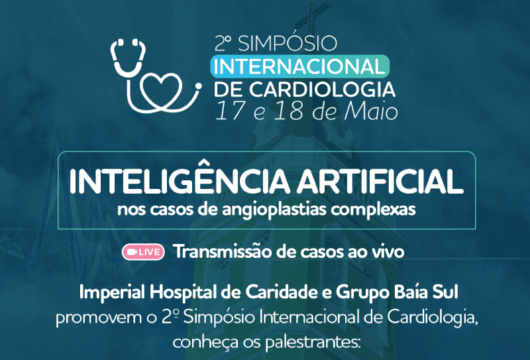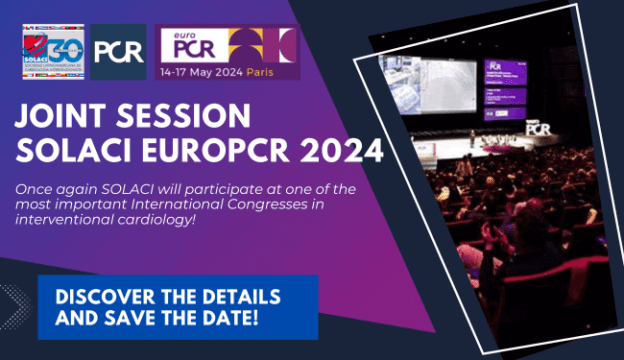There is little evidence to support the safety and efficacy of bioresorbable scaffolds (BRS) for the treatment of chronic total occlusions (CTO).
This multicenter registry included consecutive patients with CTO receiving BRS (Absorb; Abbott Vascular) vs. 2nd generation drug eluting stents (DES).
Primary end point was target vessel failure at long term (composite of cardiac death, target vessel myocardial infarction, and ischemia driven target lesion revascularization). Logistic regression was used to adjust for differences between the groups.
A total of 537 patients (n=153 BVS; n=384 DES) were included. Patients receiving BRS resulted younger and had less comorbidities.
Mean J-CTO score (Japan-Chronic Total Occlusion) was 1.43±1.16 and resulted similar between the groups.
The procedure was successful in 99.3% of cases treated with BRS and in 96.6% of cases treated with DES (p=0.07).
At mean 703 days there were no differences between the two groups as regards primary end point (4.6% vs 7.7%; p=0.21). Nor were there any differences after adjusted analyzis. However, a secondary analyzis suggest a tendency towards higher ischemia driven TVR rate for the BRS group.
Conclusion
The use of bioresorbable scaffolds compared to 2nd generation DES in CTO showed a similar rate of target vessel failure at long term. However, there was a tendency towards more ischemia driven target lesion revascularization. These findings should be confirmed by randomized studies.
Original Title: Procedural and Long-Term Outcomes of Bioresorbable Scaffolds versus Drug-Eluting Stents in Chronic Total Occlusions. The BONITO Registry (Bioresorbable Scaffolds versus Drug-Eluting Stents in Chronic Total Occlusions).
Reference: Lorenzo Azzalini et al. Circulation: Cardiovascular Interventions. 2016; 9. Epub ahead of print.
Subscribe to our weekly newsletter
Get the latest scientific articles on interventional cardiology
We are interested in your opinion. Please, leave your comments, thoughts, questions, etc., below. They will be most welcome.






